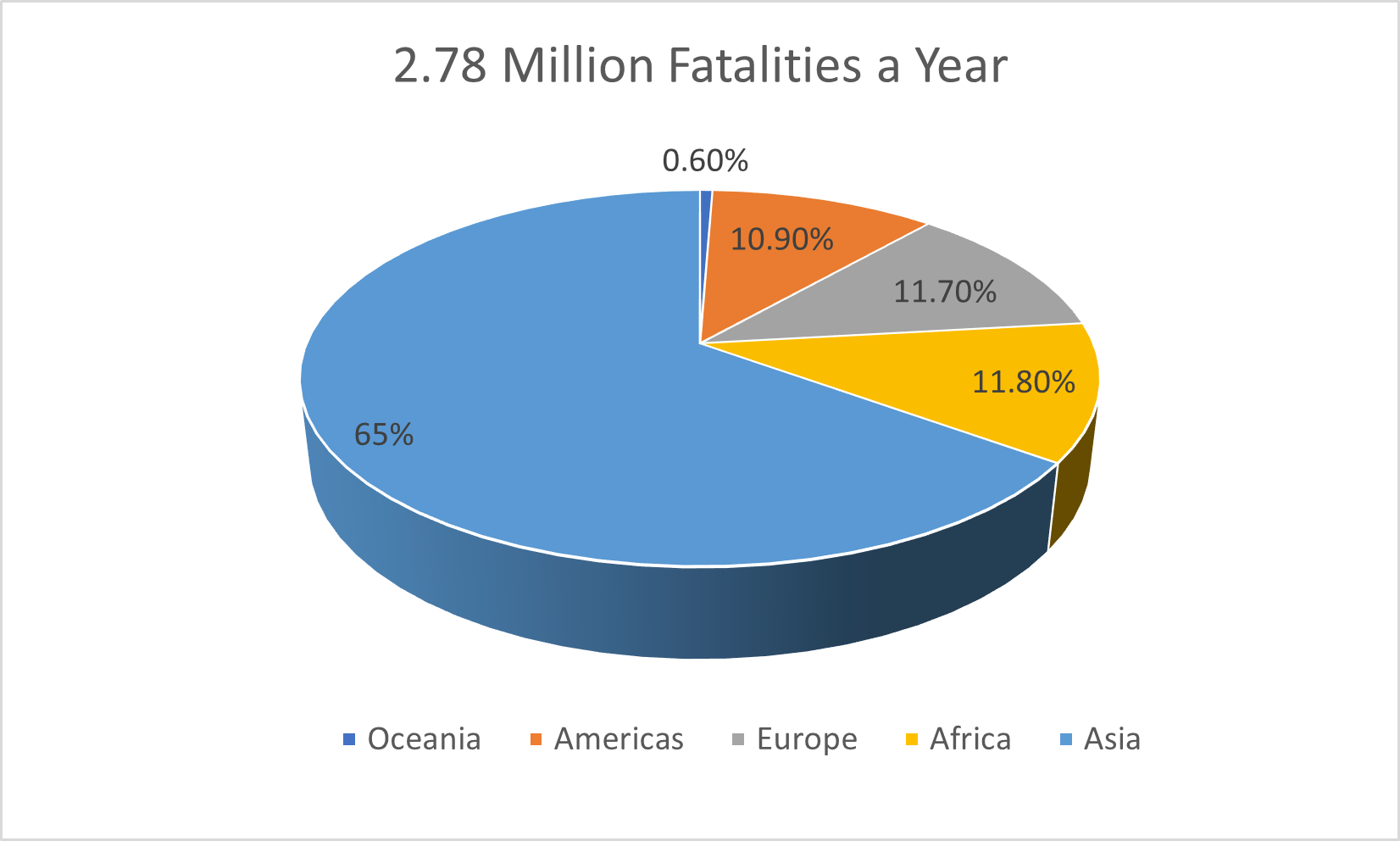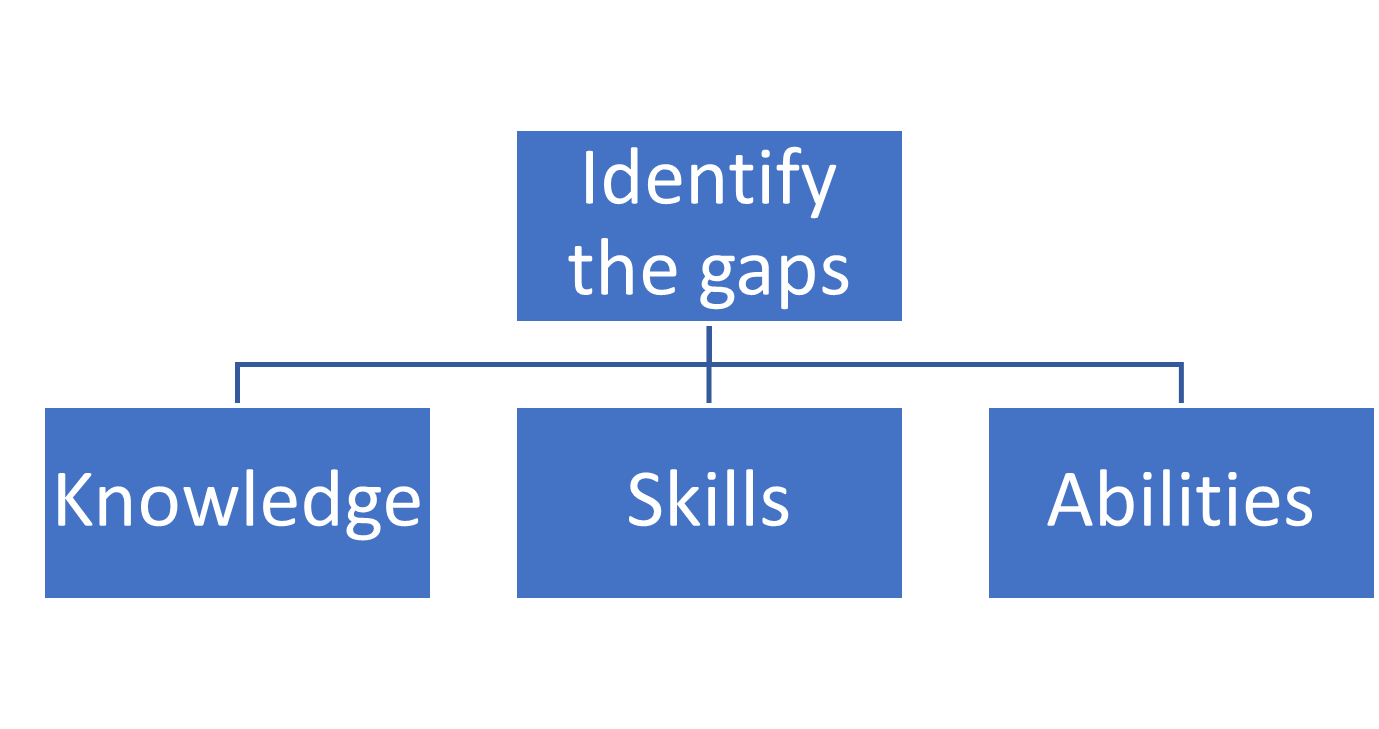Is your safety training S.M.A.R.T?
Sponsored Article by Highfield

‘Knowledge is power. Information is liberating. Education is the premise of progress, in every society, in every family.’ Kofi Annan
Although the phrase ‘Knowledge is Power’ is attributed to several people throughout history, and covers various contexts, the undeniable reality is that an increase in ‘effective and consistent’ safety training in the workplace has a significant impact in reducing incidents and accidents.
Whatever your industry, without an effective training plan the number of incidents, accidents, injuries, and fatalities will not only remain the same but will potentially increase.
Specific, Measurable, Achievable, Realistic and Time framed safety training and ‘genuine’ certification are essential in the struggle to reduce lifechanging incidents.
The staggering statistics of ‘2.78 M workers dying annually from occupational accidents and work-related diseases – 7500 every day’ is nothing new but it should be a repeated wake up call for all industries.

Chains and Building a Culture of Prevention and Protection. 2021.
In addition to fatalities, 374 million workers suffer non-fatal occupational accidents. These statistics continue to highlight that there is still a long way to go.
Although accurate statistics related to training and the related reduction in fatalities are hard to come by, national safety authorities around the world attribute incident and accident reductions to a direct connection with increased, improved, and consistent safety training.
A key component of the solution to reduce these figures is a change in the ‘safety training culture’ and a ‘buy-in’ from all stakeholders, from top to bottom of an organisation.
- Management and leadership commitment
- Effective workers participation
All too often we hear ‘What training do we have to do to meet the regulatory requirement?’ On occasion it can even be ‘What is the financial penalty if we do not do the training?’
Developing a risk driven attitude rather than a regulatory driven approach when developing your training plan, plays a vital role in reducing the number of incidents and accidents in the workplace. Ignoring regulatory requirements is not a smart move but organisations must ensure that the training implemented addresses the risks, while covering the regulatory requirements.
Training needs analysis
Completing a ‘training needs analysis’ can take time but it is well worth investing the time to successfully identify the gaps and to formulate an effective training plan.

Effective planning of your training is of course essential. Many organisations can be reactive rather than pro-active and leave training to the last minute, or only conduct training when an inspection is due, or even sometimes only considering training after an incident/accident.
Your training plan should be directly linked to your risk assessments. A review of your accident and incident records to identify patterns and re-occurring incidents will help you to identify the training gaps and develop priorities for training.
It is important that you build an annual plan to include training for new and existing employees, refresher training and toolbox talks and also allow sufficient time to complete the training.
- Induction training
- Emergency response and procedure
- Equipment handling training
- The use of PPE
- Incident reporting procedure
- Hazardous material handling
In-house training or external provider?
The decision between in-house training or using an external training provider will be influenced by several factors; cost, time, convenience, quality assurance processes, and on occasion, regulatory requirements to use specific training providers or qualifications.
There are pros and cons with both in-house or external training providers. Your training needs analysis will help to identify the best options for your place of work. Highfield International advisors engage with corporates across the workplace spectrum and advise on the most effective training pathways.
What certification do I need?
Engaging with an Awarding Organisation like Highfield for your certification adds considerable value to your training programmes. Even if your training is at a high standard attaining ‘genuine’ certification from an Awarding Organisation adds value through quality assurance, auditable certification, certification traceability and regulatory recognition.
Is your safety training SMART?

Find out more about Highfield International’s ‘safety’ qualifications and how you can access them – contact us today:
Edward Dawson –
Follow us on Facebook for our updates and invitations to our free webinars!
Edward Dawson – International Development Manager & Training Consultant
Ed’s 30 years’ experience, spans a broad range of educational and training settings from workplace safety training with local authority in the UK, to teaching in schools and educational consultancy with Oxford University Press. Since landing in the United Arab Emirates in 2005, Ed has delivered courses and consulted on a range of safety training subject areas across the GCC. He has also worked with local authorities in the planning and implementation of a range of safety training programmes. For the last 5 years, Ed has worked for Highfield International offering support, and guiding, training providers and corporates in over 50 countries on pathways leading to implementation of effective safety training.
